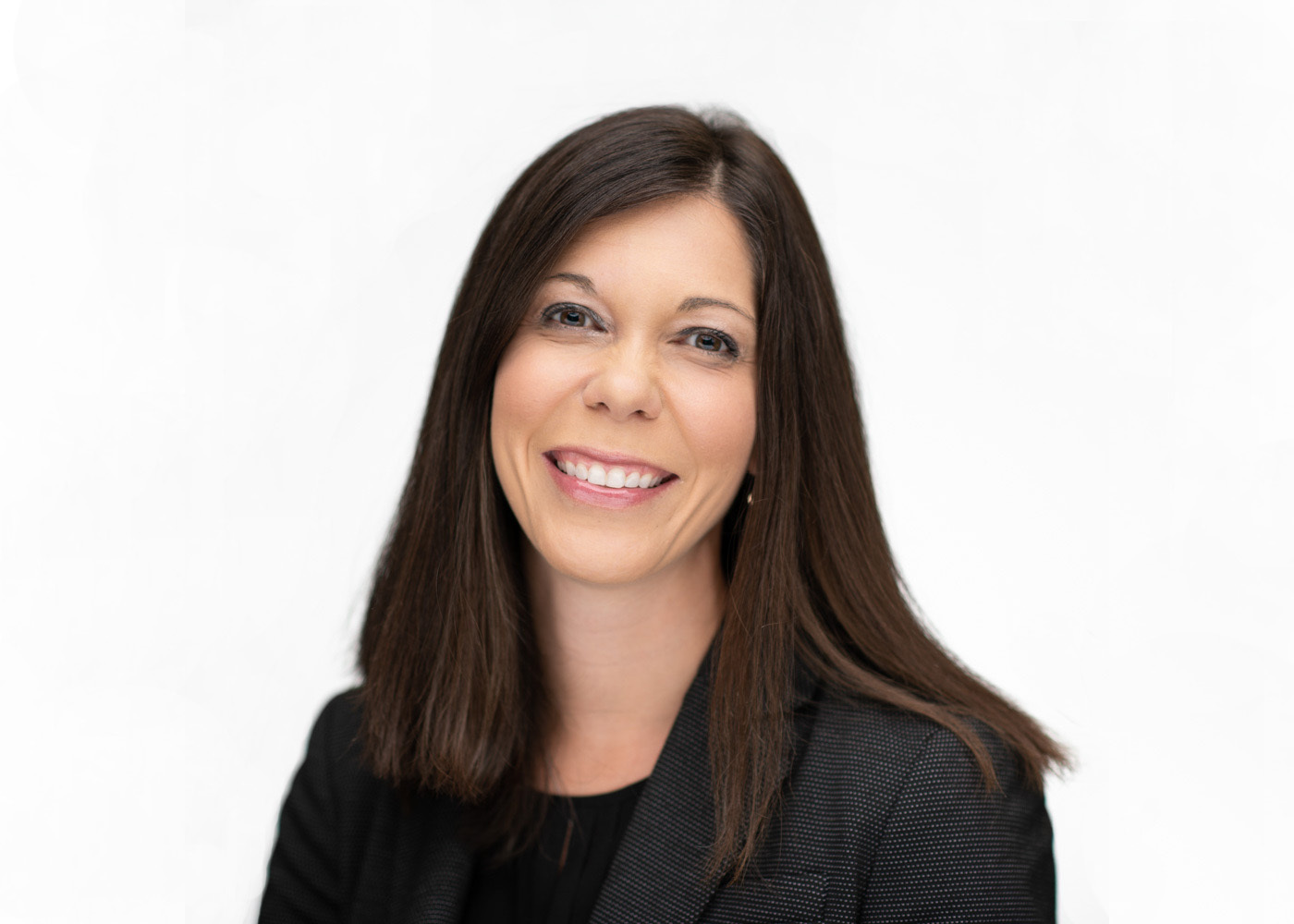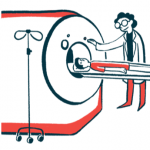Guest Voice: My journey from MS caregiving to healthcare science
We must continue MS research to ensure that patients’ needs are met
Written by |

(Photo courtesy of Dr. Lori Lebson)
Guest columnist Lori Lebson completed her PhD in neuroimmunology at the University of South Florida. After completing her doctorate, she continued her education as a National Multiple Sclerosis Society Neuroimmunology Postdoctoral Fellow at Johns Hopkins. Lebson has more than 10 years of pharmaceutical experience and serves as the head of U.S. Medical Affairs at EMD Serono, leading the medical director and field medical science liaison team focused on neurology and immunology for in-market and pipeline portfolios. Previously, Lebson worked at Teva Pharmaceuticals within the neurology franchise supporting multiple sclerosis and movement disorders.
Many find choosing a career path daunting, but for me, it was crystal clear. My mother was diagnosed with multiple sclerosis (MS) when I was 18 years old, which catapulted me into the role of her caregiver, researcher, emotional supporter, and everything that comes along with these important responsibilities. I will never regret the time spent caring for my mom throughout her final years. Looking back, it shaped who I am today and how I show up for myself and others.
As I learned everything there was to know about MS — including the heartbreaking, behind-the-scenes look at what my mother was experiencing — I was simultaneously forging a career path that would allow her legacy to live on and impact others with MS. I earned my PhD in neuroimmunology and have dedicated my career to improving the lives of those struggling with MS.
Redeeming my struggles to help our community
Today, I lead the U.S. Medical Affairs/Neurology and Immunology team at EMD Serono, the healthcare business of Merck KGaA, Darmstadt, Germany, in the U.S. and Canada, and seek to enhance patient care through scientific communications, medical insights, and data generation.
My firsthand experience caring for my mom throughout her MS journey is what fuels my work, gifting me insights into what patients go through. Even though multiple MS treatments have been available for years, patients’ full needs are not being met. That’s why I remain committed to discovering innovative ways to serve this patient community.
The latest science is uncovering interesting new ways to help patients with unmet needs. For background, one way MS is diagnosed is by examining the central nervous system and detecting the presence of lesions. Lesions are damaged areas in the brain and spinal cord caused by the immune system’s attack, which may cause symptoms such as vision problems, walking or gait difficulties, and cognitive changes. Studies suggest that some lesions may be caused by chronic inflammation and may be linked to disability accumulation; these lesions are occasionally referred to as “smoldering lesions” and can occur in all people living with MS, regardless of their disease stage or treatment history.
I’m so intrigued by this area of science, because as we develop new tools to analyze MS — from MRIs to view the brain, to mobile apps that track walking speed and memory — we are learning there is more to MS than relapses. That’s why I’m thrilled to do my part in helping biopharmaceutical companies to explore new therapeutic approaches to manage MS, address “smoldering lesions,” and potentially positively impact both disease progression and later disability.
We must care for the underrepresented and caregivers
When my mom struggled with MS, only limited research focused on women with MS even though they were predominantly impacted by the illness. Since then, I have seen more research in this area, but we must continue to conduct more diverse research to elevate all underrepresented voices.
I’m proud of the work my team has done to fund national fellowships for young doctors who are dedicated to reducing disparities in MS care. Last year, we awarded a Georgetown University research project that will collect data on Hispanic/Latino MS patients as well as a University of Pennsylvania research project to identify, define, and address barriers leading to neurological disparities in care.
To fully support the MS community, I speak from experience when I say we must acknowledge the caregivers who support those with MS. While acting as a caregiver to my mother was a privilege, it came with a heavy time commitment and mental load. According to a survey of more than 9,000 global caregivers, 89% said they put the needs of their loved ones over their own. That can take its toll on many people in myriad ways, including burnout.
My own journey as a caregiver came with steep challenges that increased over time as I struggled to care for my mom, my kids, and myself all while juggling a demanding career. When my mom’s health took a turn for the worse, things hit a breaking point. I was torn between a high-pressure job, wanting to change the world for MS patients, and wanting to show up for my parents and my family. I felt like I was failing.
I’ve made it my mission to not only advance treatment in MS but also raise awareness of caregiver struggles and show support by publicly sharing life lessons I learned through caregiving, such as letting go of the guilt and taking time for yourself. For me, it was running, but it could be painting, dancing, or whatever helps you recharge.
Although my mother passed in 2018, I know she would be very proud of the strides that have been made in MS. The work doesn’t stop here. If you are a patient or caregiver, use your voice to advocate for the best care, treatment, and support you need. You matter and you are heard!
To submit your own Guest Voice for publication on Multiple Sclerosis News Today, please email your idea to our director of community content at [email protected] with the following included in the subject line: “Guest Voice: Multiple Sclerosis News Today.”
Note: Multiple Sclerosis News Today is strictly a news and information website about the disease. It does not provide medical advice, diagnosis, or treatment. This content is not intended to be a substitute for professional medical advice, diagnosis, or treatment. Always seek the advice of your physician or other qualified health provider with any questions you may have regarding a medical condition. Never disregard professional medical advice or delay in seeking it because of something you have read on this website. The opinions expressed in this column are not those of Multiple Sclerosis News Today or its parent company, Bionews, and are intended to spark discussion about issues pertaining to multiple sclerosis.




Leave a comment
Fill in the required fields to post. Your email address will not be published.